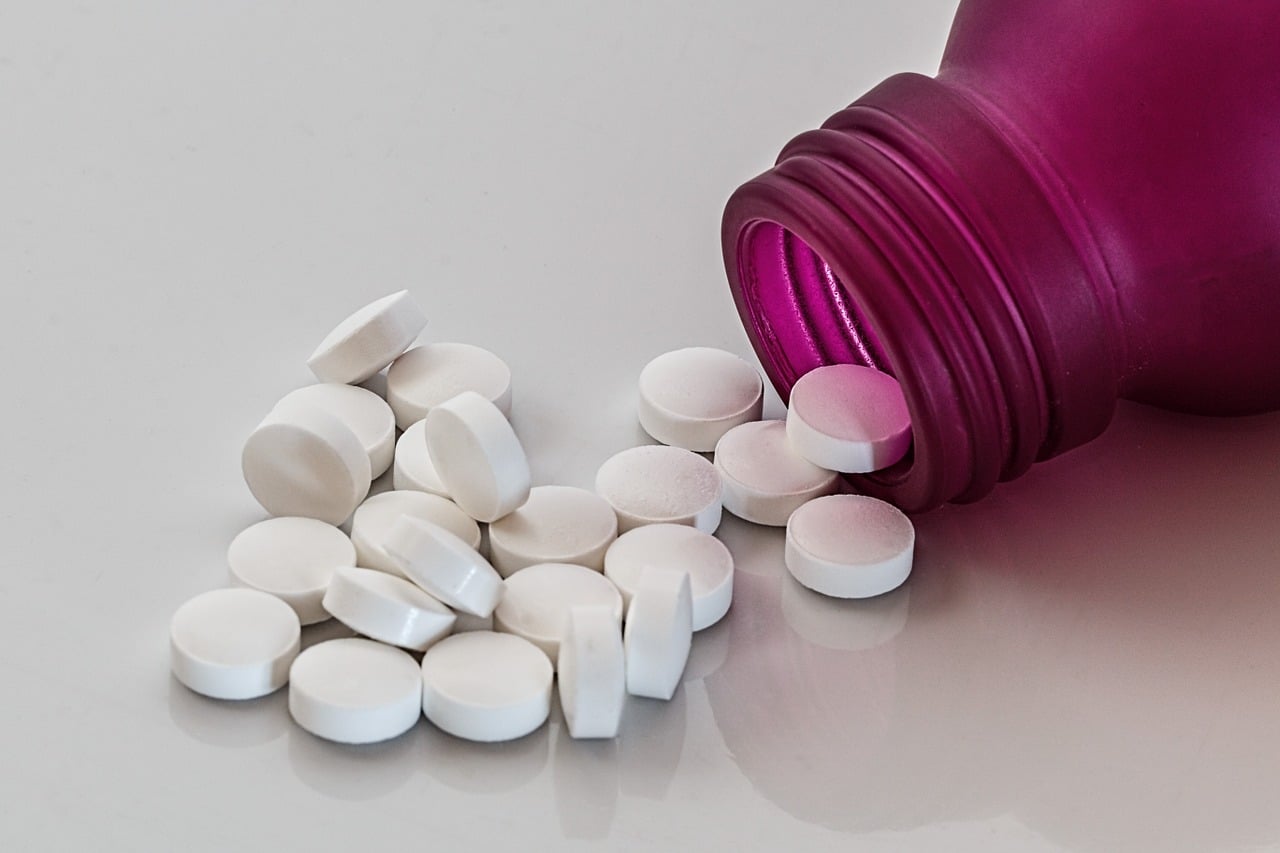ValueWalk’s interview with Professor Richard L. Pate, Esq., an Associate Professor at Sacred Heart University. In this interview, Professor Richard discusses Purdue Pharma‘s Chapter 11 filing, Purdue’s settlement with the state government, if the Sacklers family should go to jail and if they can shield their assets by hiding them in Switzerland, the externalities of unregulated capitalism, and more testing and training for opioid makers.
Can you tell us about your background?
Please see SHU bio. I have practiced law for 21 years. Main focus on employee – employer relations.
What do you do now?
Practice and teach law.
Purdue Pharma just declared bankruptcy can you tell us the latest on that?
A hearing was held where basic things like how to pay employees to keep operations going is to occur. This filing is a Chapter 11 filing, which does not equate to liquidation of company’s assets. The company goes on; the bankruptcy seeks a reorganization so to allow it to pay its debts including the $12 billion settlement. What it does also do is “stay” (stop) most legal proceedings against the company while bankruptcy court has jurisdiction. Now, everything they do must be approved by the court. Essentially, this was an effort to try to encourage states that did not agree to settlement to change their mind and agree to it.
There was talk of $12 billion settlement that many states said was too little, how much do you think they could face?
I do not know. But enough to deter future wrongdoing. It should make Purdue and other companies realize the cost of this activity is greater than the benefit. So, it should be relative to the gains. But if it’s too much, then the company will go insolvent and no one will get anything. It’s a balancing act for all involved.
On the other hand, many believe that the Sacklers should go to jail, what is the criminal liability here?
There may be—I do not know details of findings. But selling drugs to people that do not need it might, indeed, be criminal.
There was a recent report of the Sacklers trying to hide money in Switzerland, would they be able to better shield their assets in that case?
Not necessarily, I believe some new agreements between US and Switzerland may no longer allow complete secrecy. Not sure.
My father has been a Dermatologist for 40 years. Whenever, i was in severe pain as a child or teen he refused to even prescribe Tylenol with codeine. He even lied (for a good reason) and said he was not legally able to prescribe painkillers, which he always warned were highly addictive. Wasn’t it obvious that these drugs were incredibly dangerous to any medical professionals; what were all the parties involved in distribution thinking?
They were thinking of money. Sad but it seems that is the central concern of all, even those that are supposed to look out for the public and the patient. One of the externalities of unregulated capitalism.
Create greater and more stringent testing before selling and training before permitting sale and or use.




